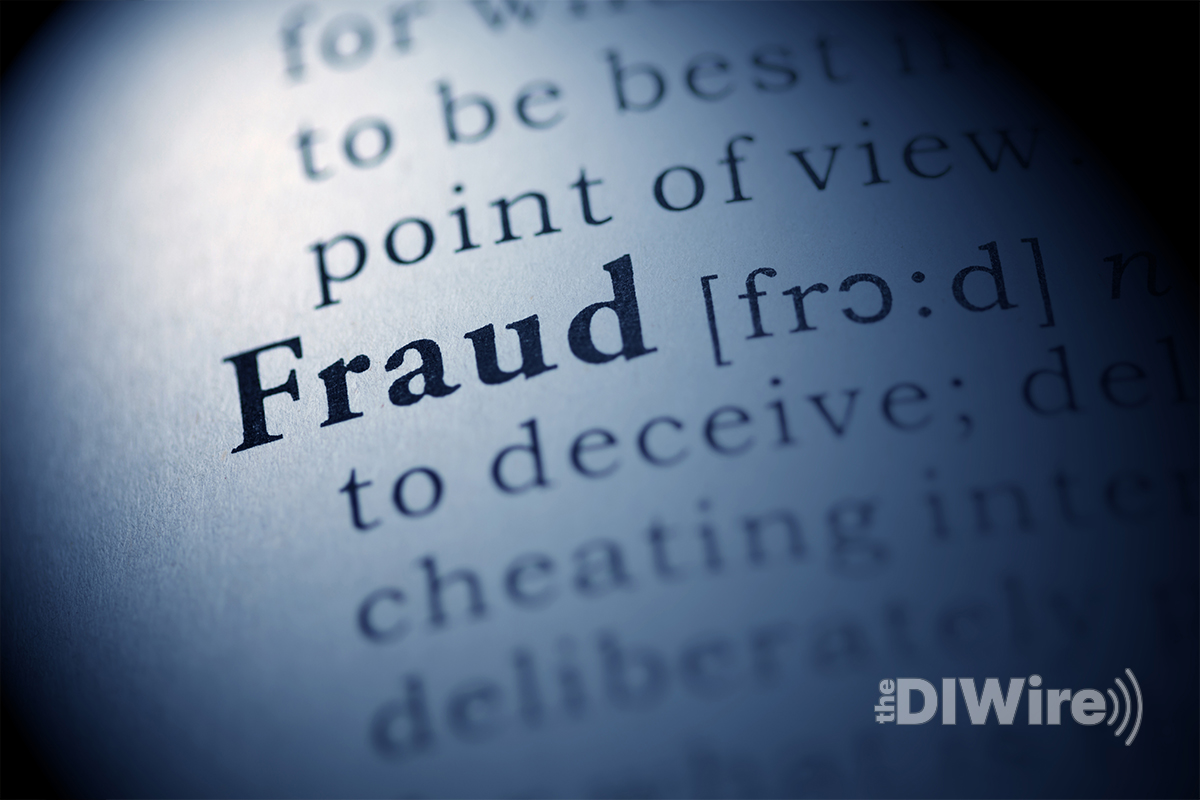Fifth Circuit Confirms UDF Executives’ Guilt in Securities Fraud Case

The Fifth Circuit ruled this week that executives of United Development Funding were rightfully convicted on several counts of wire and securities fraud related to a Ponzi scheme they ran.
UDF was accused of defrauding nearly 30,000 investors nationwide of more than $100 million in a decade long Ponzi scheme involving loans for housing developers in Texas.
In February 2023, the Fifth Circuit refused to release the executives from federal prison while they appealed their convictions, which were made in May 2022.
As The DI Wire previously reported, four UDF executives were sentenced to a combined 20 years in prison in January 2022. Chief executive officer Hollis Greenlaw was sentenced to seven years. Partnership president Benjamin Wissink and chief financial officer Cara Obert were sentenced to five years each; and asset management director Jeffrey Jester to three years. Greenlaw, Wissink, and Obert were also fined $50,000 each.
UDF previously argued that transferring money out of the fund to another fund’s investors was just “routine business transactions.”
According to a published opinion Monday, written by U.S. Circuit Judge Carl E. Stewart, a three-judge panel said a jury was correct to convict the UDF executives last year of conspiracy to commit wire fraud affecting a financial institution, conspiracy to commit securities fraud, and eight counts of aiding and abetting securities fraud.
In May, executives of UDF requested that their convictions be overturned on the basis that federal fraud statutes only apply to schemes in which “traditional property interests” are stolen and for insufficient evidence.
They also argued that their transfers benefitted all parties involved, evidence that they did not intend to deprive any investors of money or property.
However, the panel disagreed.
“We are convinced that the evidence is sufficient beyond a reasonable doubt from which a rational jury could infer that appellants participated in a scheme to defraud and acted with an intent to defraud investors of their money,” the panel said.

